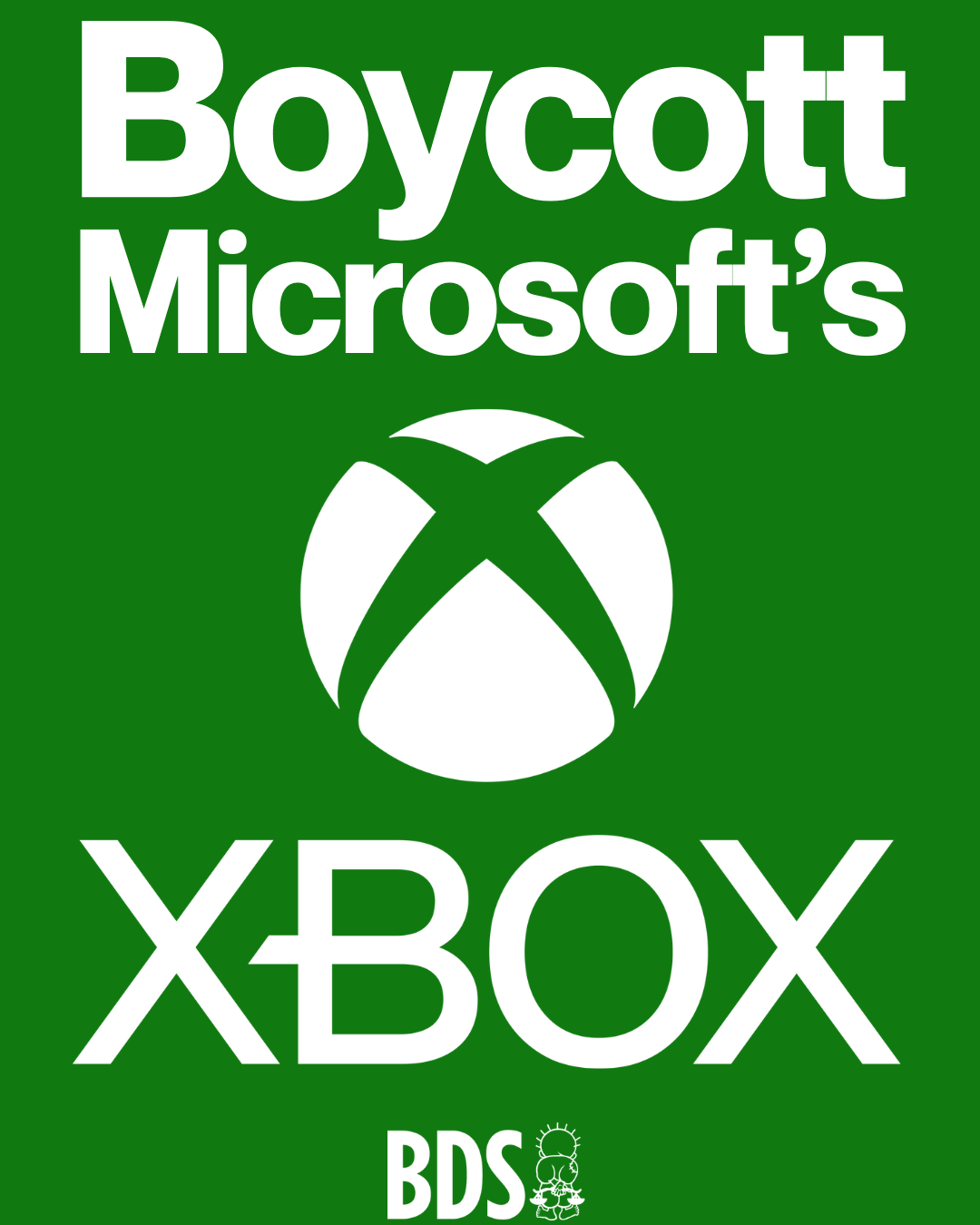If you follow games with any regularity, you already know that as of today Bethesda has announced and released an Unreal Engine 5 remake of The Elder Scrolls IV: Oblivion. Hell, if you follow TES with any regularity, you probably knew about this months ago, since the remake has been a pretty poorly kept secret even by the standards of the notoriously leaky games industry. It’s on multiple platforms, it’s $50, and it’s included if you’re already subscribed to Game Pass. The strength of the IP is such that this is easily Microsoft’s biggest “new” game announcement of the year so far.
From what I can glean from the communities I hang out in, Oblivion in its original form (and especially its expansion, The Shivering Isles) is fondly remembered, even among many folks who harbour some distaste for Bethesda’s more contemporary games and/or business practices. Its buggy tendencies, potato graphics, fiddly systems, and severely limited pool of voice actors who are all giving it eleven have each been folded into the game’s overall warm reputation today. I first played it when I was about twenty, and maybe that’s all I really need to say. It was my first Elder Scrolls, my first that-kinda-game, and I got in at just the right time, when a big open world RPG still felt more like a crucible for possibility than a list of chores with minimum hardware requirements.
I know folks are fond of Oblivion. I’m fond of Oblivion. I could retread the We Have Oblivion At Home argument and discuss mods, piracy, and alternative games, but I get it. Even if you know that there’s no ethical consumption under capitalism, I get that it might still be exciting to hop back in and see Cyrodiil with bigger graphics and a few other extras.
But Cyrodiil can wait. For me, it can wait until Microsoft, Bethesda’s now-parent-company, acquiesces to the BDS (boycott, divest, sanction) campaign to pressure Microsoft into pulling out of its partnerships with the Israeli apartheid regime—partnerships which greatly enhance the Israeli Occupation Forces’ technological means (via Microsoft Azure and AI services) to inflict genocide and misery upon the Palestinian people. The campaign asks people to cancel their Game Pass subs, refrain from purchasing (or even playing) key tentpole Microsoft-published games, and generally stay off the Xbox platform.
Maybe you have read all of this before. There’s already been some very good (though across the games press, not enough) coverage of the campaign, including two great articles from Kaile right here. So why come out and beat the drum again, when other, more active writers have already summed the stakes up in timelier fashion and greater detail?
I think it bears repeating that Microsoft’s position in the games industry and especially the console market are precarious right now. Their spree of mergers and acquisitions have turned them into an unconscionably enormous entity, but that extended bout of retail therapy has translated into precious few hit games, critically or commercially, and little growth for their actual gaming division. The only thing Microsoft has really been at the forefront on when it comes to games is layoffs.
Given that position, an Oblivion remake should be an easy win for Microsoft right now, something to give the brand a boost in sales and subscriptions until heavy-hitters like Doom: The Dark Ages and eventually The Elder Scrolls VI come along. It’s even on PlayStation 5 day-and-date. Microsoft wants people to play it. They need the win.
I think it’s important to deny them the win. Grace Benfell writes on why this campaign will succeed. Autumn Wright writes on why it must. That success will take time, effort, and consistency, and part of that means denying Microsoft easy wins like an Oblivion remake.
I’m not a games journalist, and I’m not a particularly active or prolific critic—my relation to games writing is a somewhat unusual one as in practice I am more of a professional reader than a writer. My decision not to engage with Microsoft’s platforms or services doesn’t impact my ability to do work, or get work. I also have a ton of other games to play that aren’t entangled in Microsoft’s infrastructures.
My reason for writing this, then, on the day of the announcement and release of Oblivion remake, is to remind us all to keep the faith with this campaign. Change is both possible and inevitable, and with discipline and persistence, we can make this change a good one.
Until then, Cyrodiil can wait.





